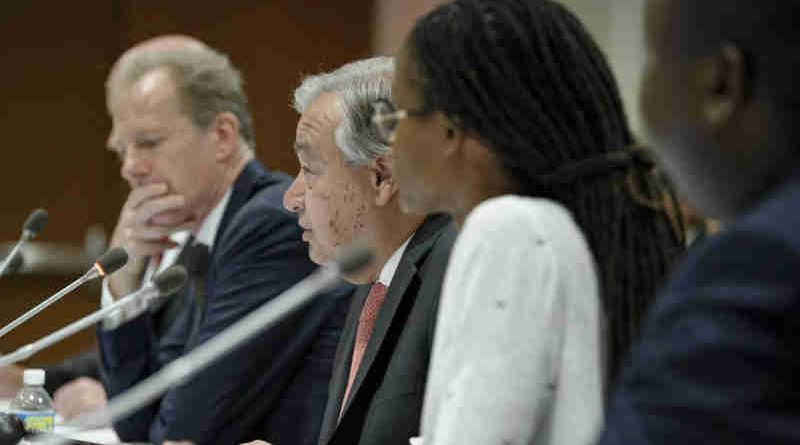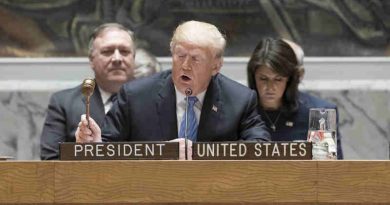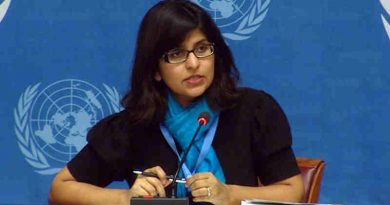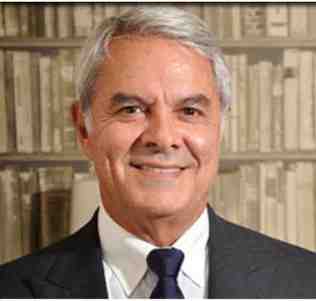Condemned: Death Penalty Against Juvenile Offenders in Iran

UN High Commissioner for Human Rights Zeid Ra’ad Al Hussein on Thursday condemned the continued implementation of the death penalty against juvenile offenders in Iran.
He stressed that the execution of juvenile offenders is strictly prohibited by international law under all circumstances, regardless of the nature of the crime alleged to have been committed.
Abolfazi Chezani Sharahi, who was 15 years old when he was convicted of fatally stabbing a man, was executed on Wednesday. Sharahi was the fourth juvenile offender to have been executed in Iran since the beginning of 2018. In 2017, five juvenile offenders were executed in the country.
“I am deeply disturbed that Iran continues to implement the death penalty against juvenile offenders, with some 85 others reportedly on death row,” Zeid said. “We understand that the execution of at least one more juvenile offender, Mohammad Kalhori, is imminent and urge the authorities not to carry it out, but instead to commute the sentences of all juvenile offenders on death row.”
The execution of juvenile offenders is in violation of Iran’s obligations as a State party to the Convention on the Rights of the Child and the International Covenant on Civil and Political Rights.
Iran’s treatment of Sharahi may also amount to torture or cruel, inhuman or degrading treatment or punishment. Sharahi was repeatedly moved into solitary confinement ahead of imminent execution, before the execution was postponed. This occurred four times before his eventual execution.
The High Commissioner also expressed concern about the lack of transparency prior to the implementation of the death penalty in Iran. When the authorities fail to give adequate information about the timing of executions, they maintain not only the convicted person but also his family in permanent anticipation of imminent death, resulting in acute mental distress. Late notification also impedes adequate scrutiny.
Zeid reiterated the UN Human Rights Office’s willingness to assist the Government of Iran in complying with its international human rights obligations regarding juvenile justice.




